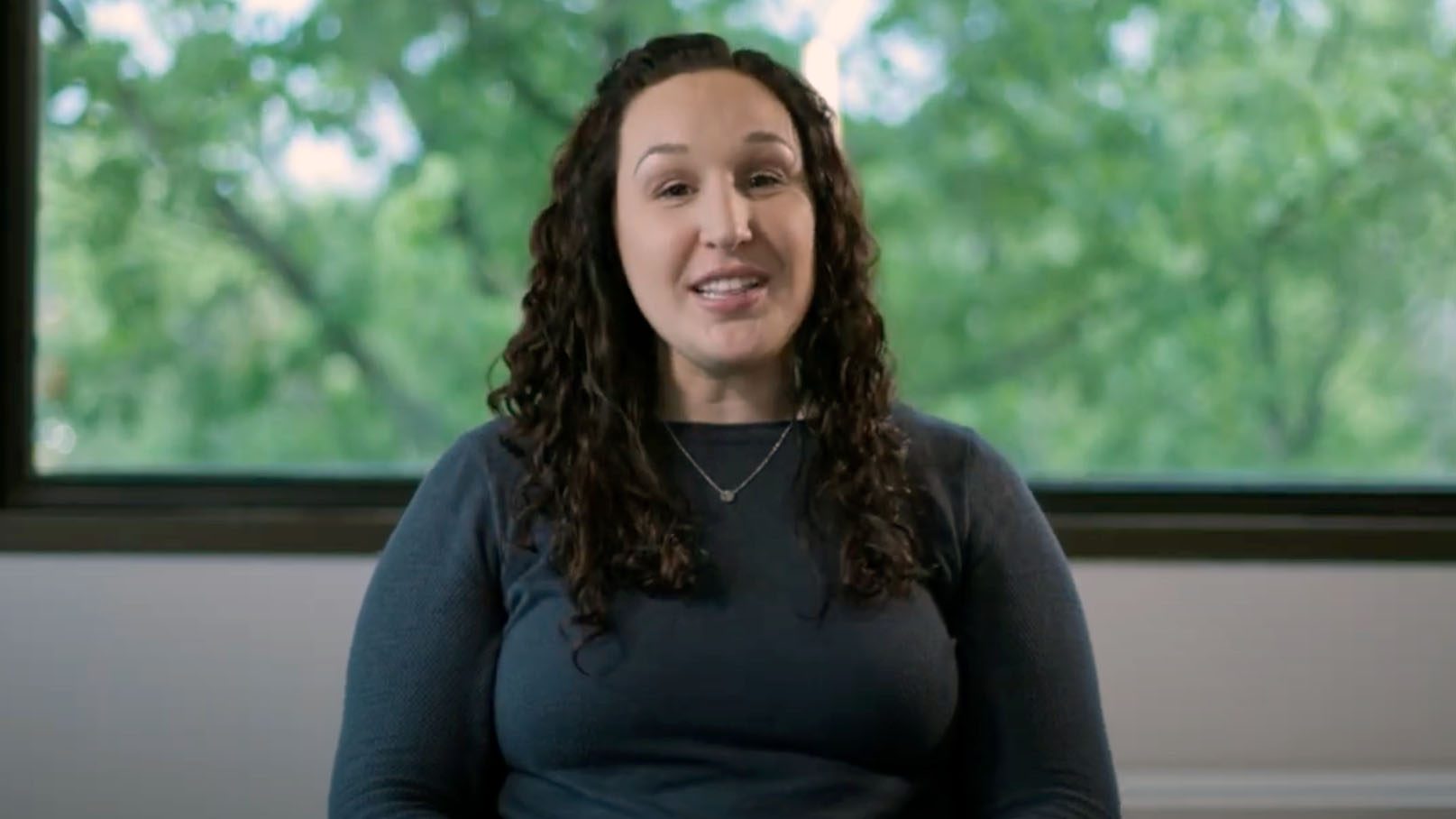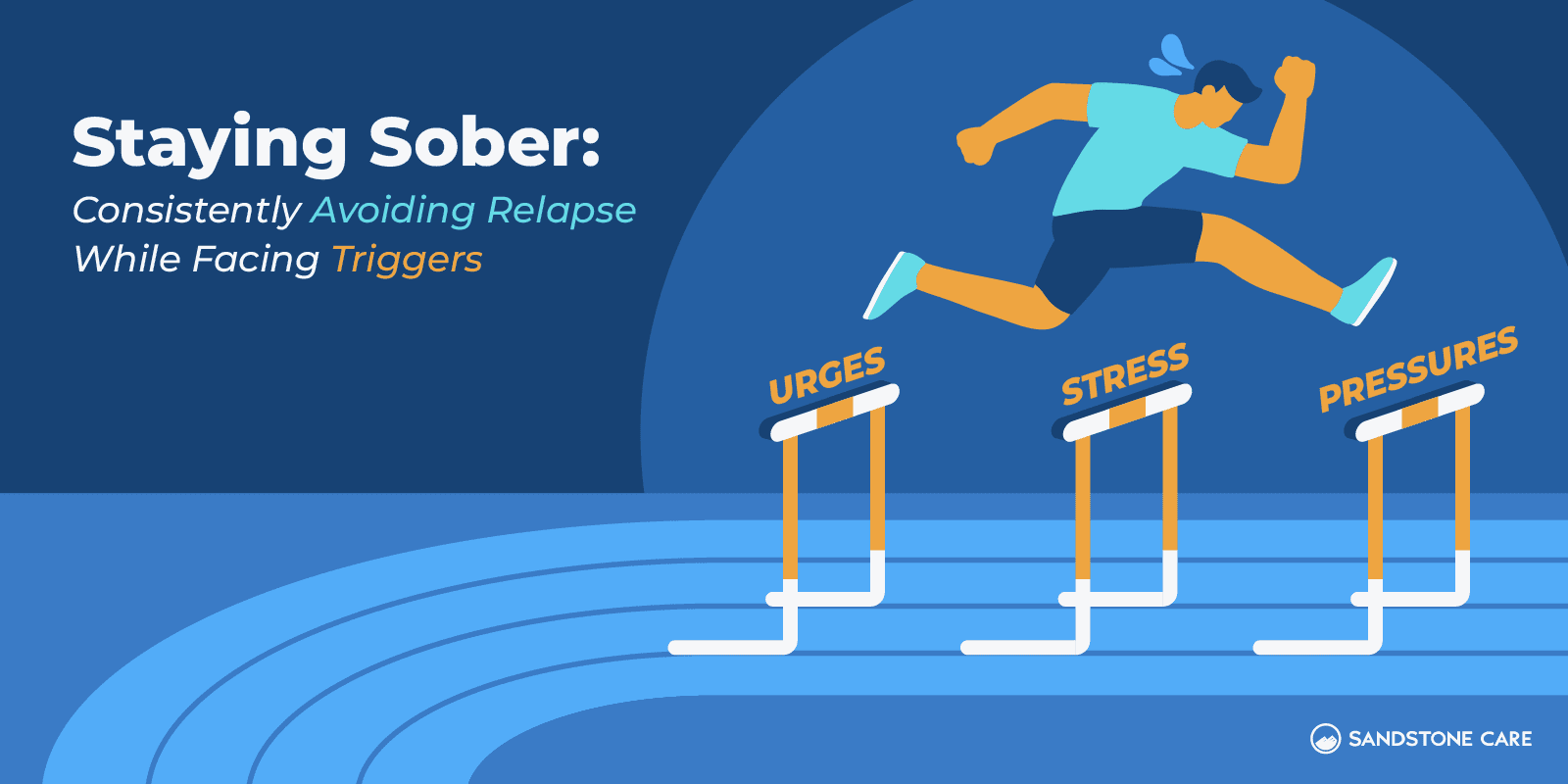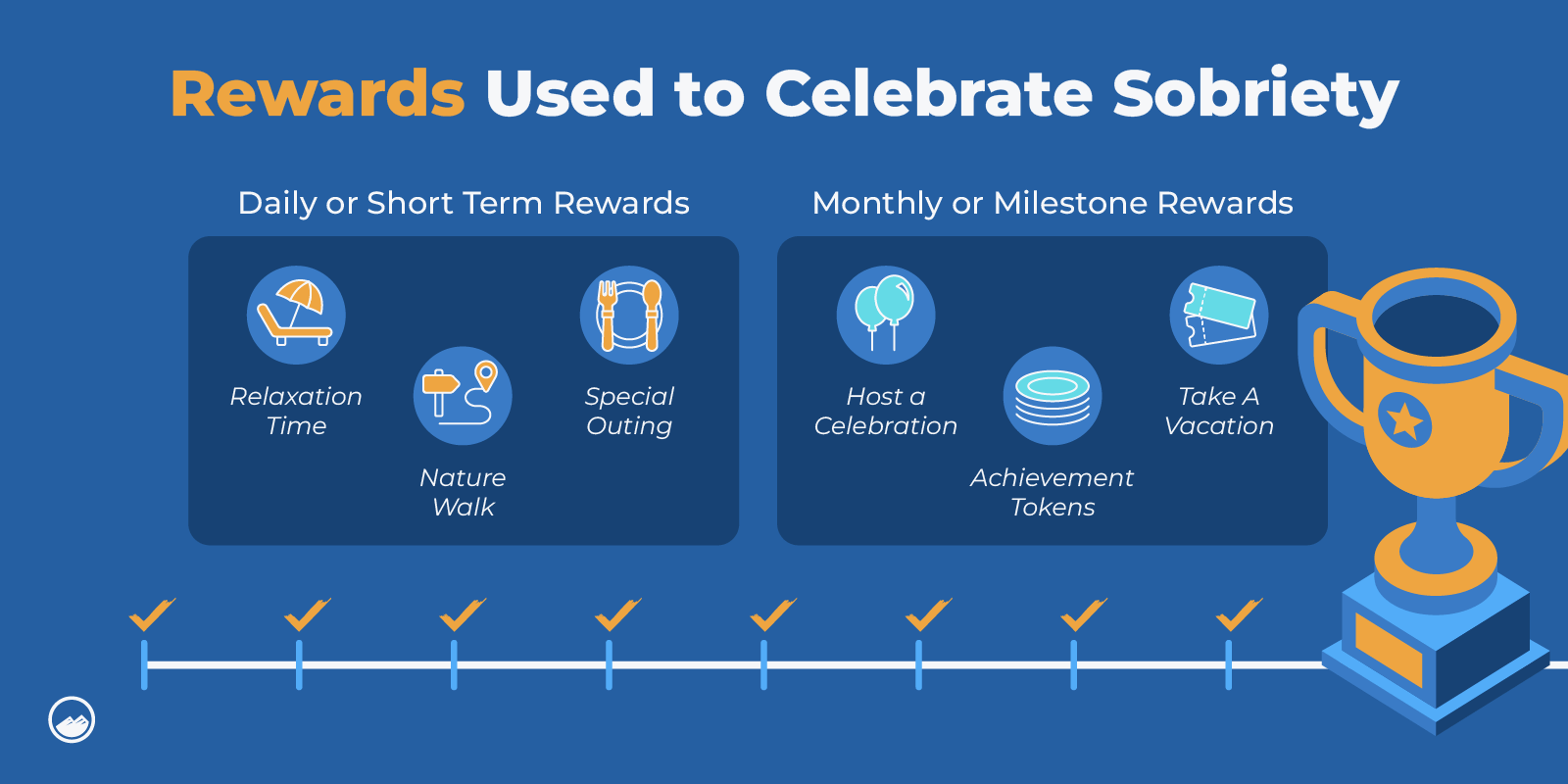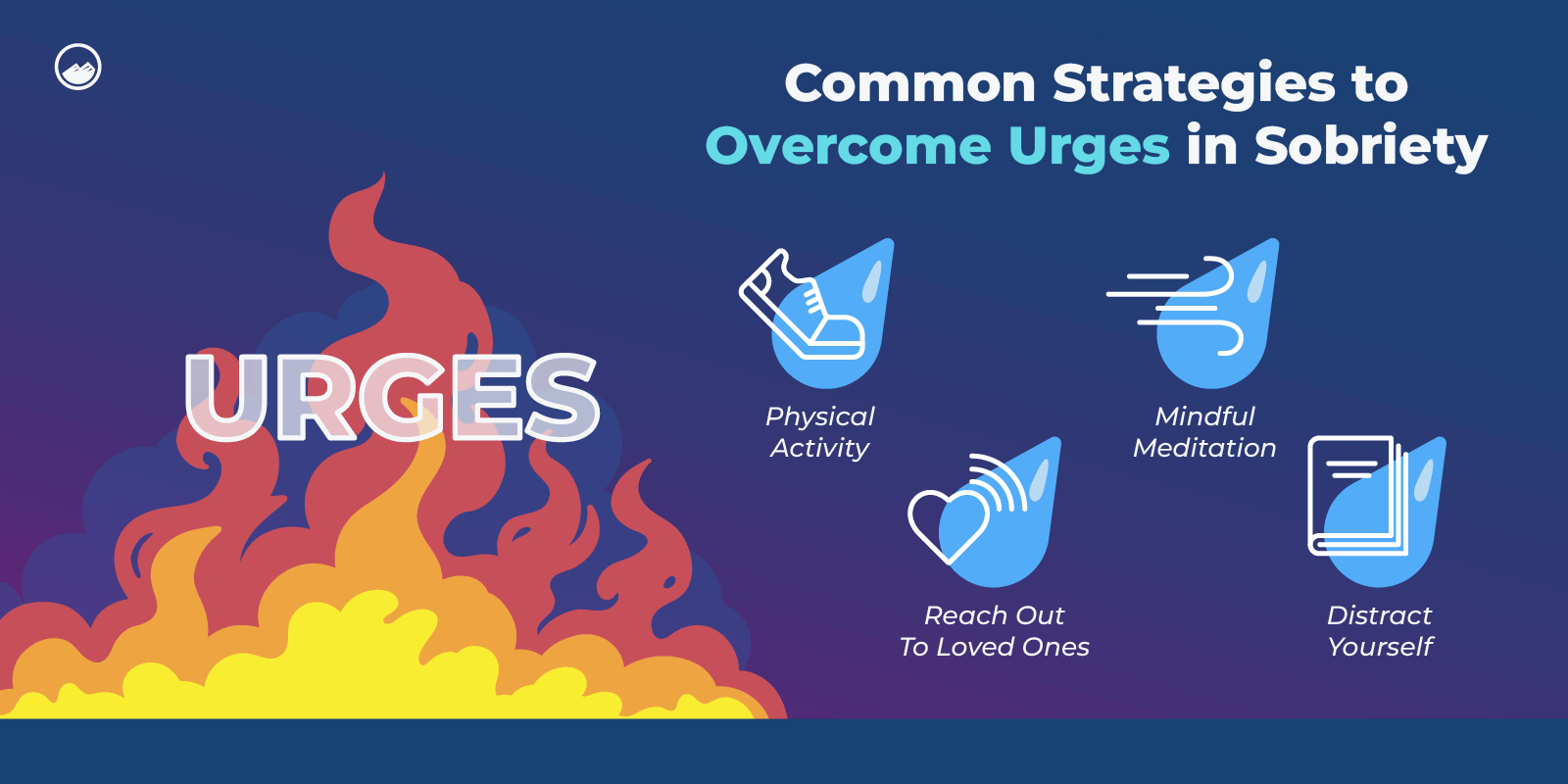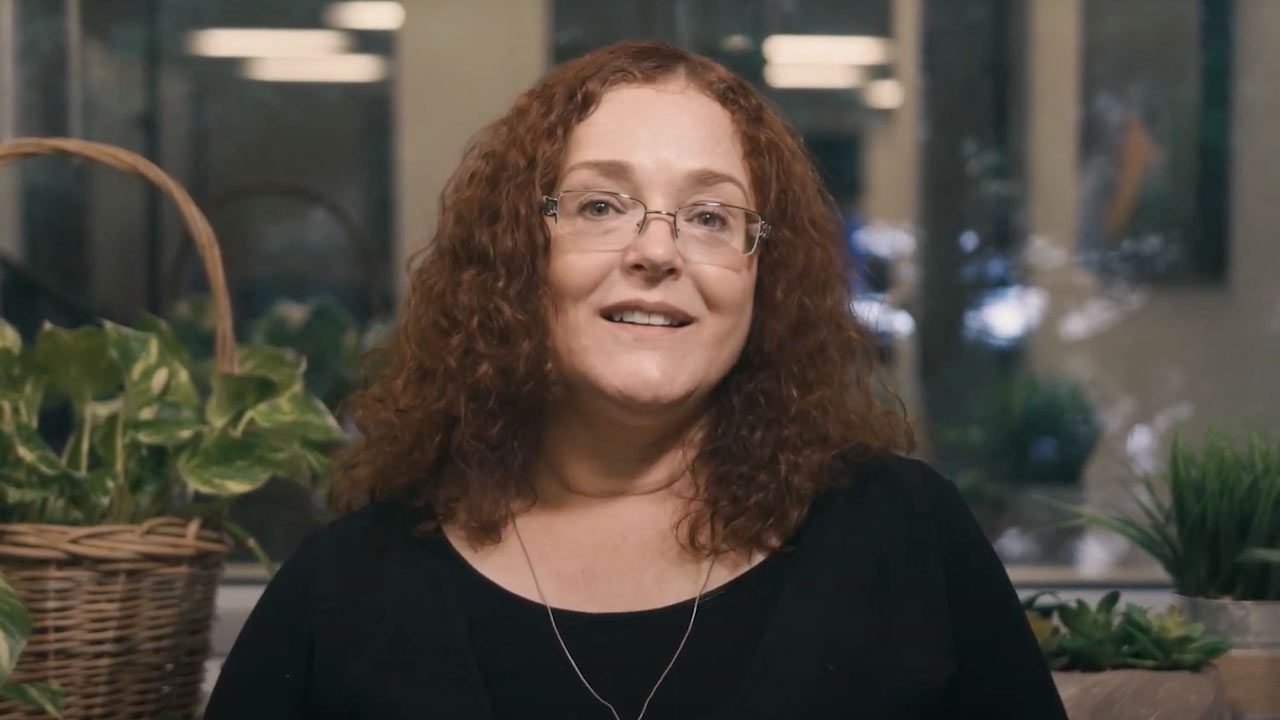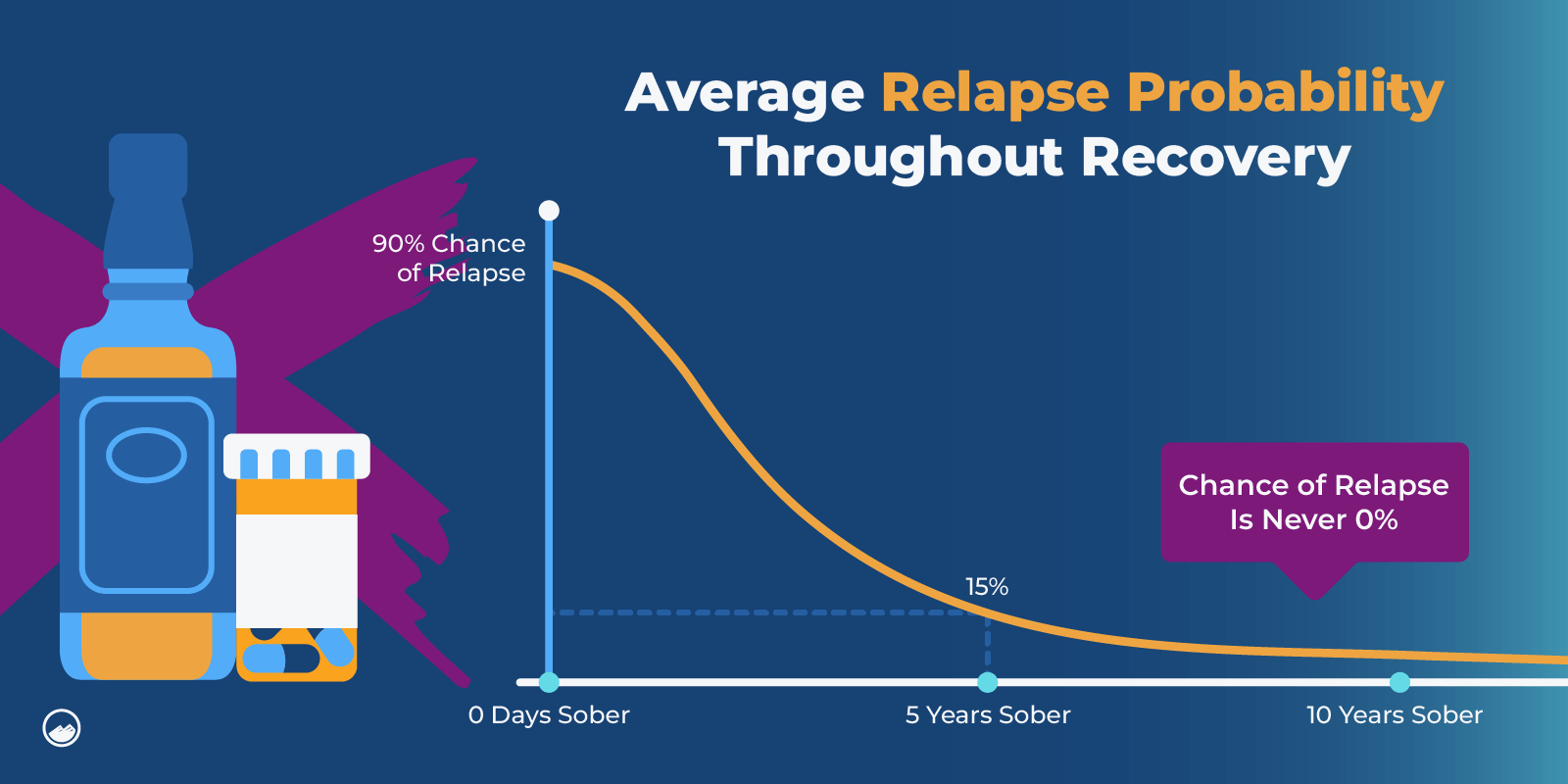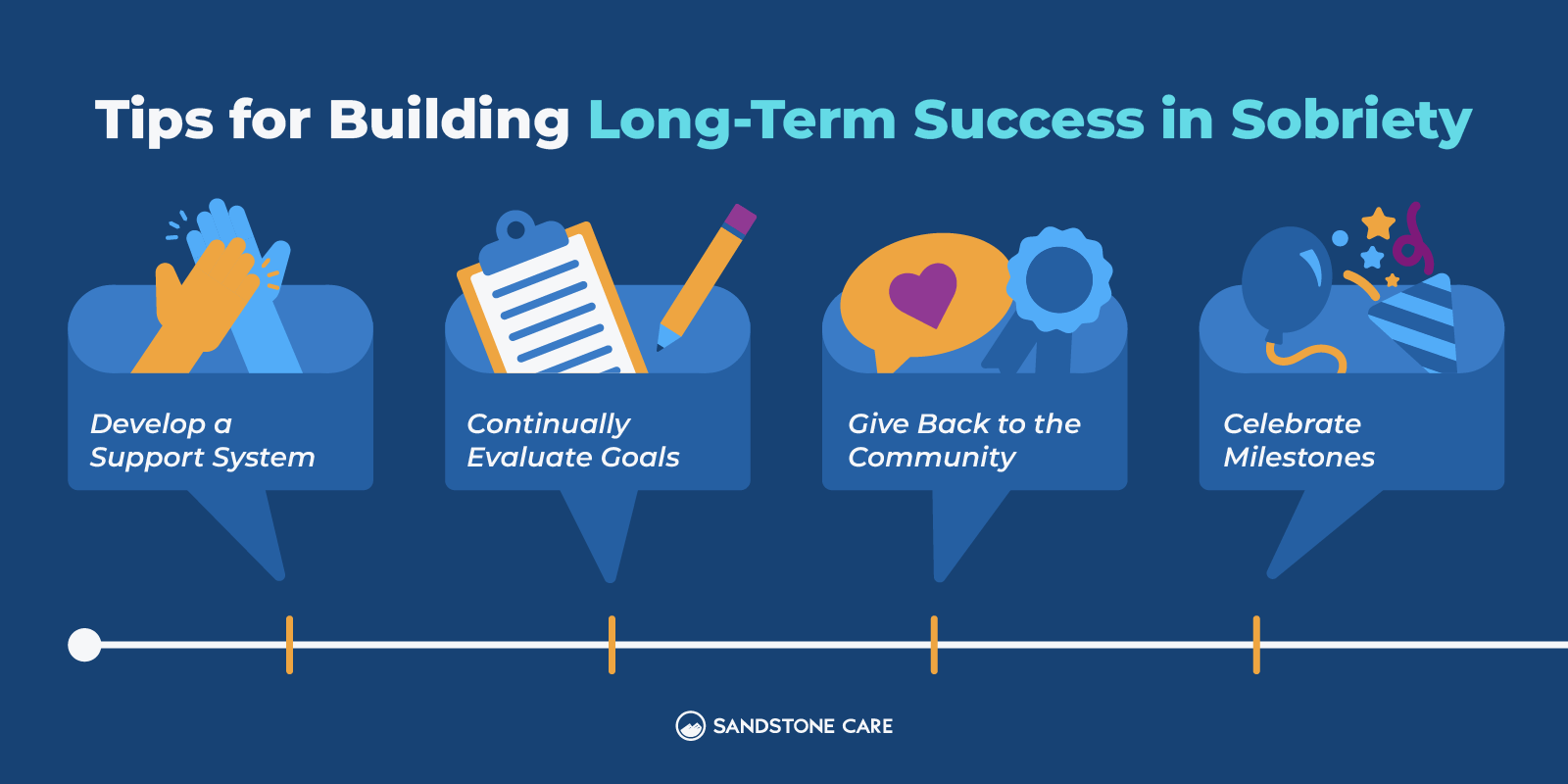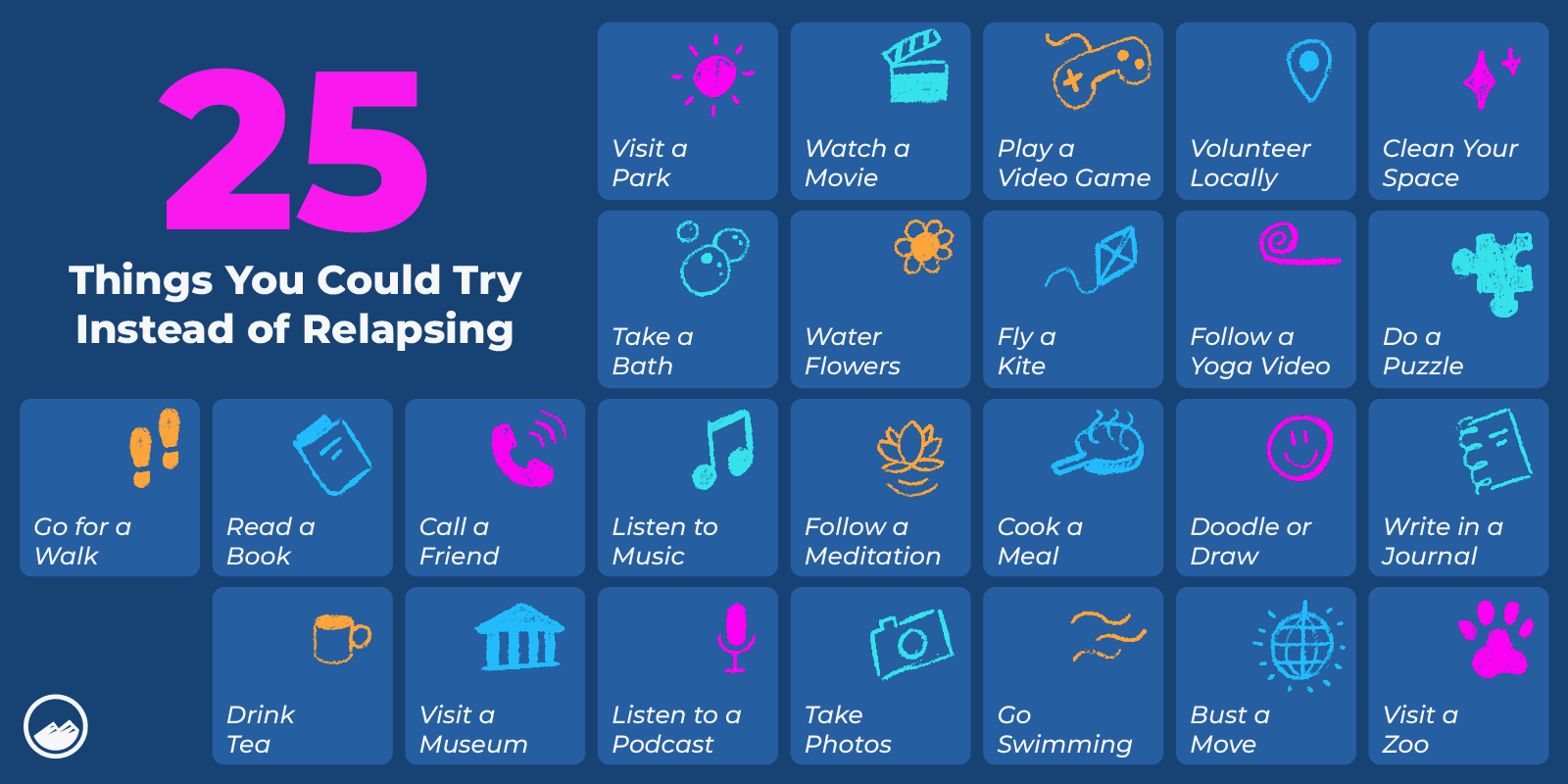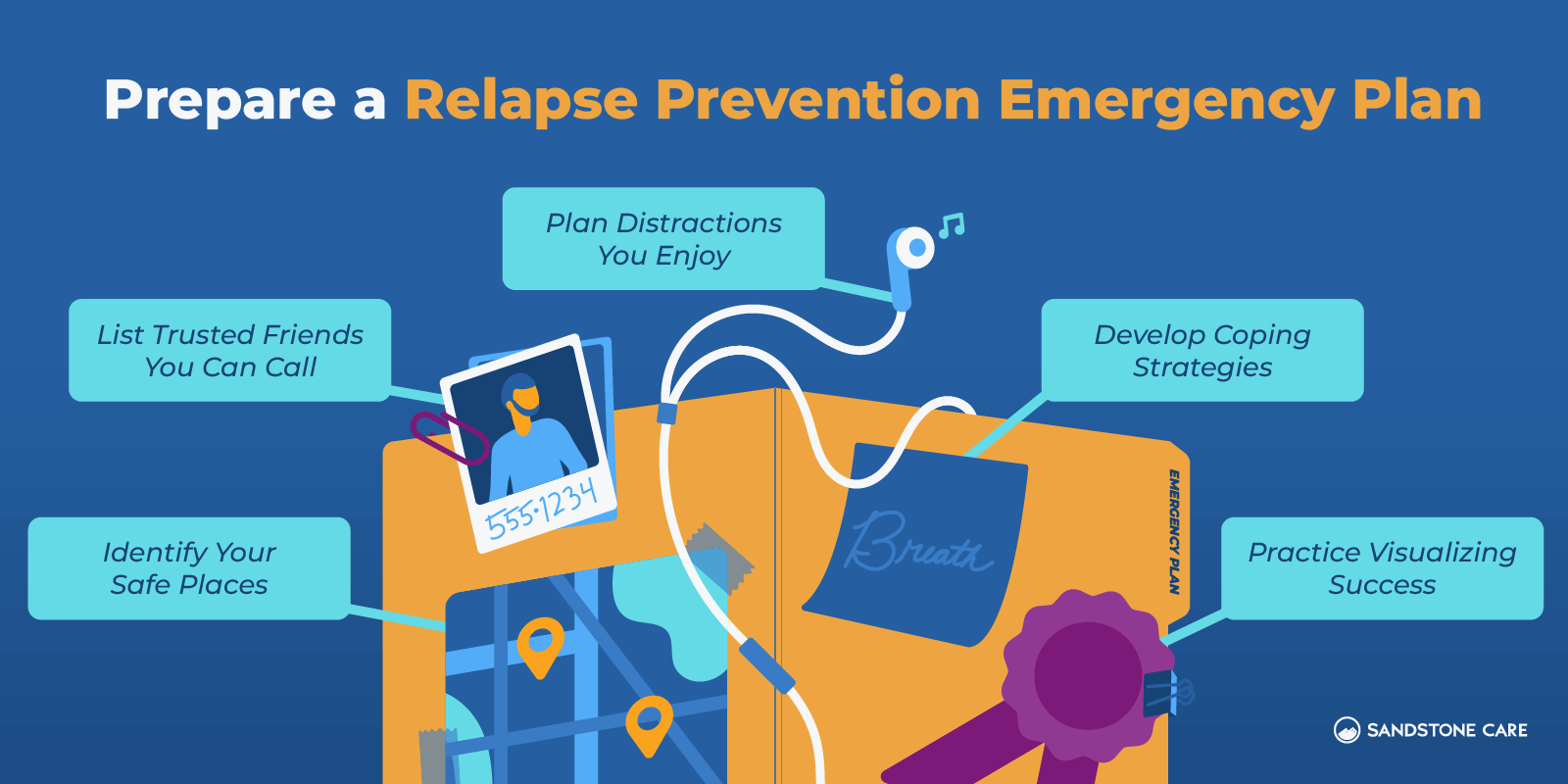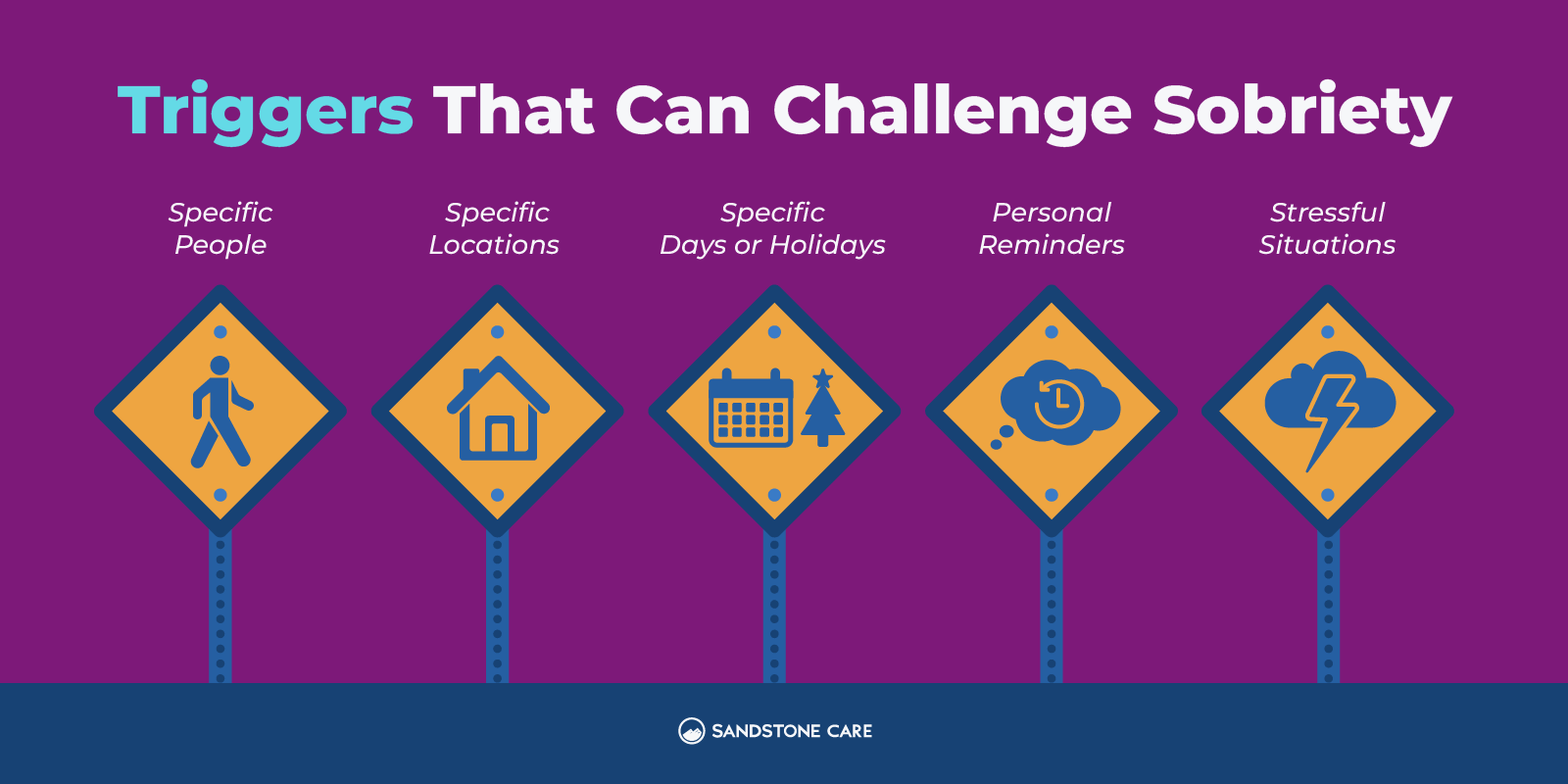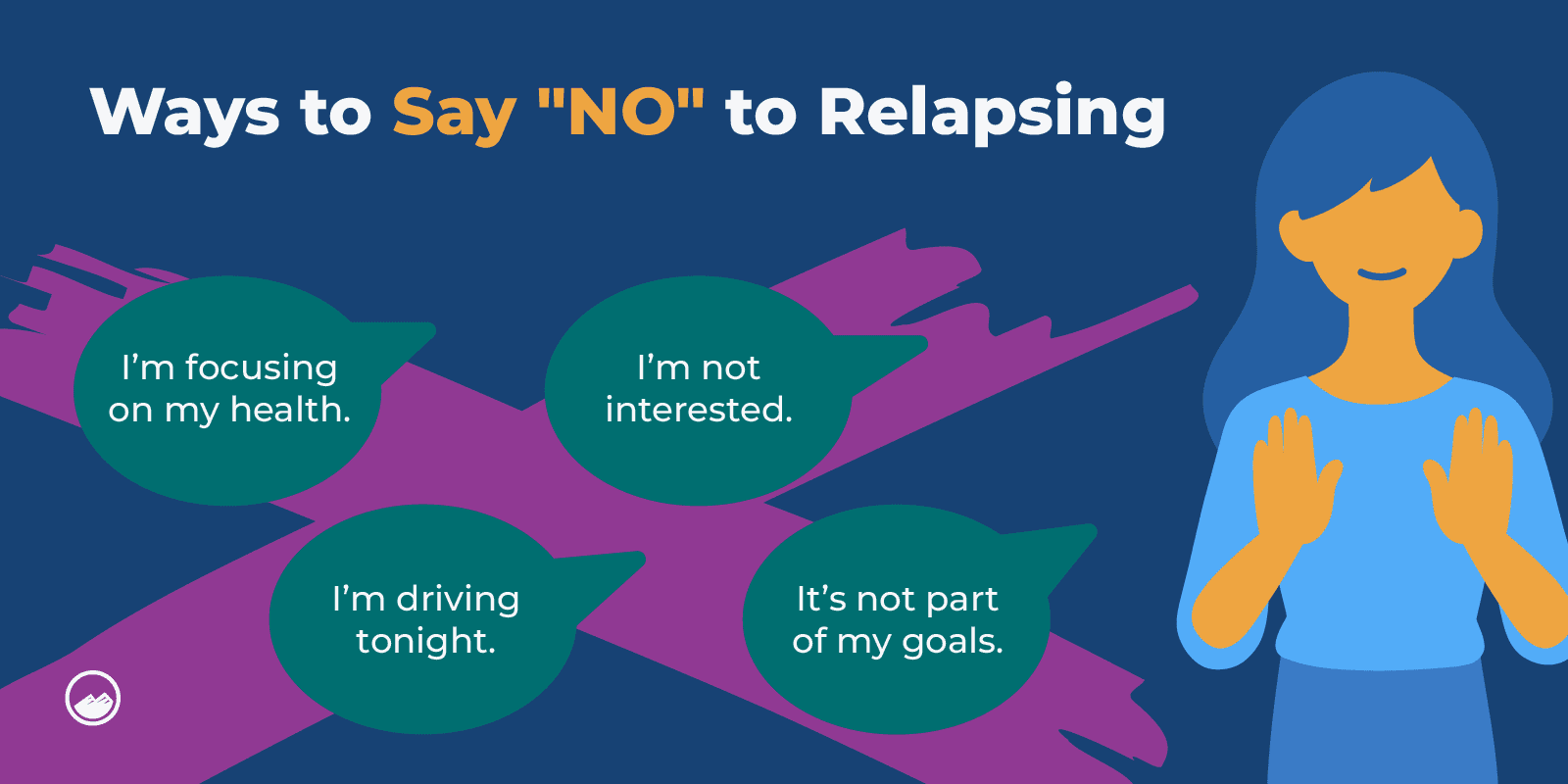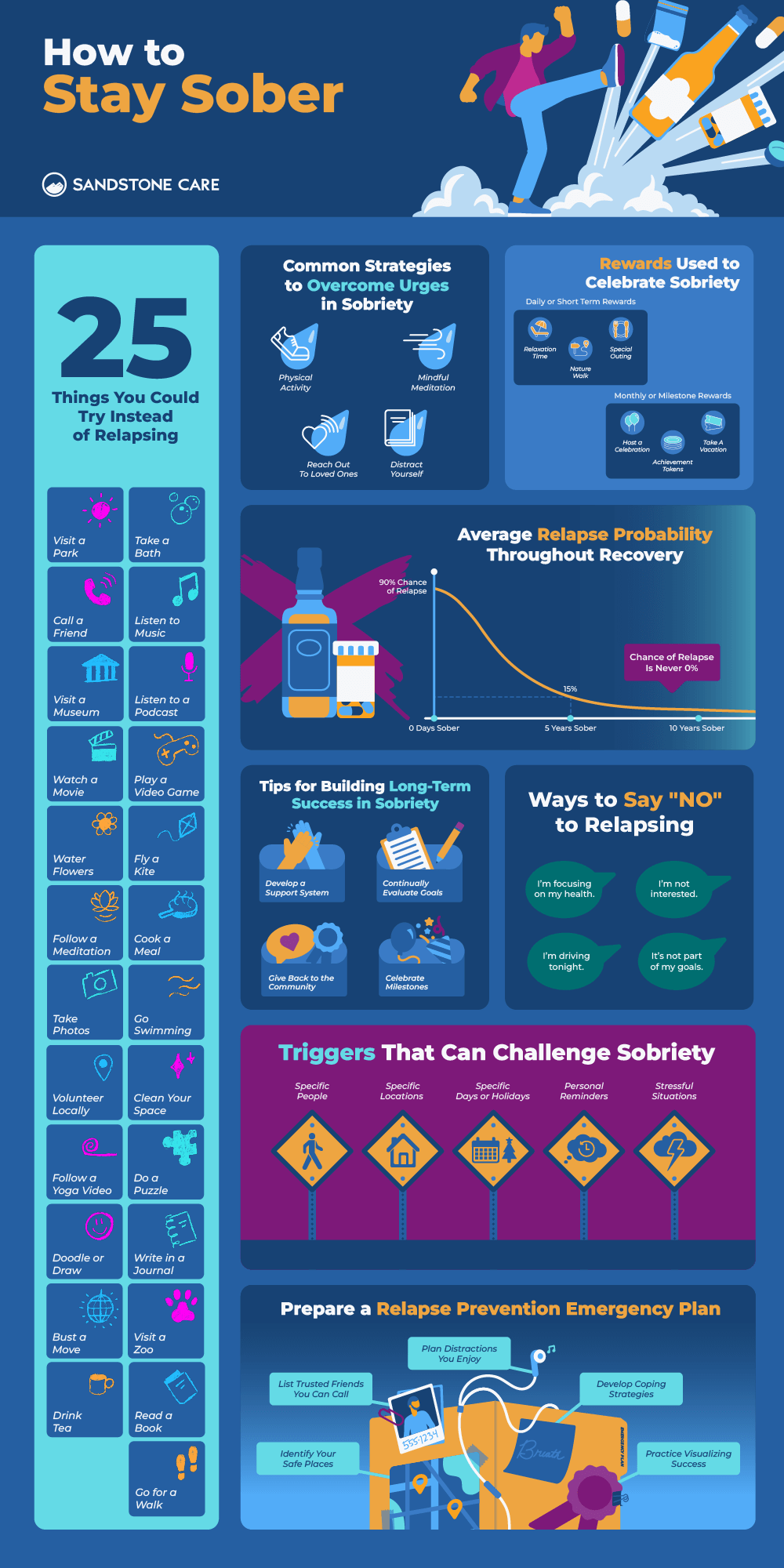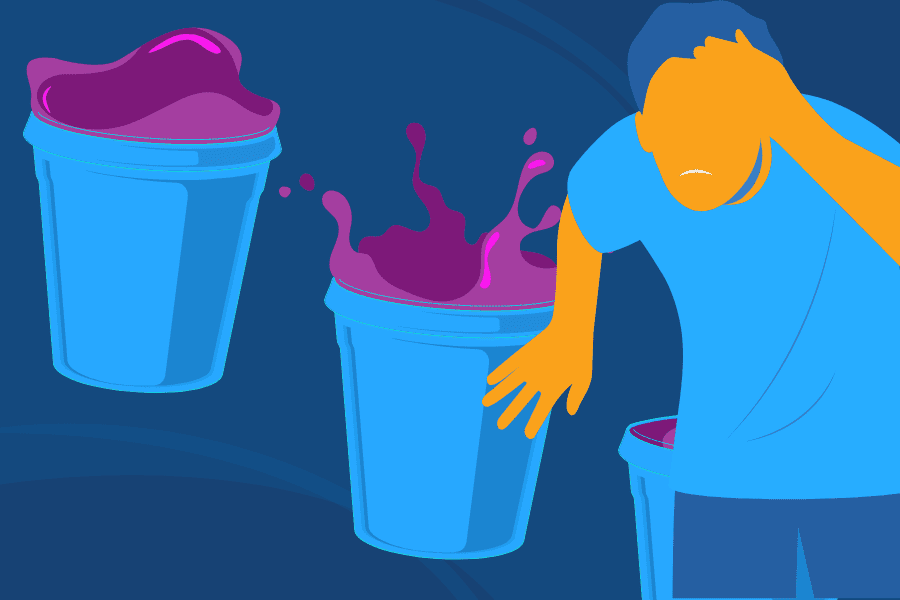How to Stay Sober Overview
Recovery is not something that is “completed.” Instead, it takes consistent effort, refinement, and adjustments to maintain each person’s sobriety.
Staying sober can be challenging. Those who have graduated from a detox or residential treatment program are still faced with stress, urges, and a rapidly changing lifestyle. Working with loved ones and professionals while engaging in effective outpatient treatment is crucial for maintaining sobriety.
How Do You Stay Motivated In Recovery?
Making an active effort to stay motivated throughout addiction recovery is necessary. Working with family members, peers, and professionals can help.
Some ways to stay motivated include:
- Engaging with a sober community and sober peers
- Tending to spiritual needs
- Self-care
- Continued outpatient care
- Setting effective goals
- Celebrating milestones
- Establishing a reward system
- Helping others
It can be easy to get bogged down in stresses and hectic daily routines, especially while navigating urges, cravings, and triggers. This deluge of stress can instill feelings of doubt that can affect a person’s motivation and dedication to their sobriety.
By using these techniques you can find fulfillment beyond drug and alcohol use.
What Is the Hardest Thing About Sobriety?
The continued stresses of navigating urges and cravings can be some of the hardest challenges for those who are newly sober.
Urges and cravings are intense compulsions to reengage with drugs or alcohol.
While some urges manifest due to specific triggers, others can seem to manifest from thin air without any obvious connections.
Having a plan to navigate urges and cravings in sobriety is essential to breaking addiction and dependency. Simply experiencing an urge to reengage with drugs or alcohol does not mean that sobriety is impossible.
However, it is still a stressful event that should be addressed.
For some, continuing to manage their mental health and spiritual healing following addiction treatment can be exceptionally difficult.
Others may find the hardest part of maintaining their sobriety is finding new social outlets and communities.
Is Sobriety Forever?
True sober change is a lifelong commitment.
Effective sober transformation is intended to sustain long-term sobriety.
It involves strategies to address the effects of addiction, effective relapse prevention strategies, and exploring sober communities.
Likewise, sobriety can mean much more than abstinence from drugs or alcohol. Instead, genuine sober transformation involves changing lifestyles.
Such lifestyles include:
- Physical and emotional healing and wellness
- Development of new hobbies
- Engagement in sober communities and support groups
- Changes in perspective, mentality, and spiritual beliefs
What Is the Average Length of Sobriety?
No two sober journeys will be the same length. However, some research provides insights into sobriety statistics over time. For instance:
- Short-term Sobriety
Studies often measure sobriety in intervals such as 30 days, 90 days, and one year. Short-term sobriety rates can be higher, especially when individuals are actively participating in treatment programs or following acute interventions. - Long-term Sobriety
Long-term outcomes can be more variable. According to research published by the American Journal of Psychiatry, about one-third of people who are abstinent less than a year will remain abstinent.For those who achieve a year of sobriety, less than half will relapse. If someone can stay sober for 5 years, their chance of relapse is less than 15%.
Sobriety is meant to challenge drug addiction and alcohol abuse. However, stresses, urges, and cravings can affect a person’s dedication, with an overall average length of sobriety being around four years.
This does not necessarily reflect each person’s journey. Engaging in effective NA meetings, Al-Anon meetings, 12-step programs, or continued outpatient care or a sober living facility can be instrumental to a sober lifestyle.
What Is the Success Rate of Staying Sober?
It is estimated that about 40-60 percent of those engaged in addiction recovery will experience a relapse at some point in their journey.
However, these numbers do not reflect how each person’s journey will unfold. Likewise, a slip or relapse in recovery does not mark the end of a person’s recovery journey.
Talking about relapse prevention with professionals at a treatment center like Sandstone Care is necessary.
This can also help each person know what steps to take if they do experience a slip or release to refocus on their sober efforts.
What It Takes to Stay Sober Long Term
Commitment to a sober lifestyle takes constant effort from a person’s initial steps into detox to managing a sober everyday life in the real world.
Exploring personal needs, tending to social needs, and developing a relapse prevention strategy are all just part of a sustainable approach to sobriety.
What Does It Take to Stay Sober?
Staying sober after engaging in effective treatment for alcohol addiction, opioid addiction, or any form of drug use involves many factors such as:
- Continued commitment to outpatient treatment and therapy
- Working to repair relationships with friends, family, and loved ones
- Developing a sober social circle and support network
- Engaging in regular self-care efforts and hobbies
- Continuing to develop communication strategies
- Exploring and refining relapse-prevention skills and escape plans as necessary
Likewise, tending to mental health needs, spiritual needs, and social needs is necessary for a sustainable approach to sober life.
Focusing on learning to help others with their own sobriety has been shown to help recovering addicts to maintain healthy lifestyles.
How Do You Stay Busy in Recovery?
Keeping occupied is crucial to developing a healthy and sustainable sober life.
Even after graduating from a dedicated inpatient treatment program, an individual is still tasked with maintaining sober change.
Keeping consistent routines such as morning alarms, mealtimes, and more can all help to structure each person’s daily sober life.
Regular engagement in outpatient treatment programs like Alcoholics Anonymous (AA), Narcotics Anonymous (NA), or regular 12-step meetings can help keep a person occupied and focused on their sober development.
Likewise, scheduling time for regular self-care, repairing relationships with loved ones, and taking on more responsibilities at home or a sober living facility can all help structure daily life.
Working with peers, loved ones, and treatment providers can ensure that each person stays busy in sobriety while focusing on their continued sober development.
How Do You Keep Yourself From Relapsing?
Experiencing relapse is common, and it is difficult to avoid. However, there are some key strategies that can help prevent relapse.
Developing relapse prevention strategies alongside professionals at Sandstone Care is essential for continued sobriety and overall wellness.
Such strategies may include:
- Staying connected to supportive sober peers and professionals
- Tending to self-care routines
- Addressing mental health needs
- Identifying and challenging stresses and triggers alongside professionals
- Setting achievable goals to maintain motivation and a sense of accomplishment in sobriety is helpful in challenging urges, and cravings, and preventing relapse.
How Do I Find a Sober Community?
AA meetings, NA meetings, and 12-step programs can all be great places to start finding a sober community.
However, an individual does not have to engage with these programs if they do not think they will be beneficial.
Outpatient treatment programs are still available outside of these options that an individual better resonate with. Calling local treatment facilities can help each person explore the options available.
Online digital communities can be another great place to look for a sober community.
While social media can cause stress and bring unnecessary challenges, conscious and intentional use of digital media can introduce an individual to an online community of sober peers to reinforce their motivation.
Talking with established friends and loved ones about setting new sober expectations can be a great way to use those who already support an individual to explore new possibilities in sobriety.
However, some social groups will be more receptive to dedicated sober changes than others. Being ready to distance oneself from non-accommodating social circles may be necessary when finding a healthy, sober community.
Staying Sober on Your Own
While a supportive community is incredibly beneficial, individuals will still have to explore their motivation and conviction to maintain these sober changes.
How Do I Stay Sober Without AA?
Alcoholics Anonymous is just one program available to those exploring their continued addiction recovery journey. However, it is not the only option, nor is it necessarily the best option for every person.
Continuing to attend individual therapy and group therapy to address urges, cravings, and mental health disorders can help establish healthy, sober routines.
There are a few reasons why an individual may not resonate with AA programs. However, that doesn’t mean there aren’t options to explore.
Can I Get Sober By Myself?
While it is possible to attempt to detox at home and engage in personal healing without professional support, there can be many unnecessary risks.
There is no replacement for dedicated, educated, professional treatment to address alcohol addiction, drug use, or any kind of substance use disorder.
Substance use disorder affects each person differently.
Dedicated detox programs and inpatient treatment can help navigate unforeseen challenges and provide medical, emotional, and educational support.
Some challenges of pursuing sobriety on one’s own include:
- Continued effects of mental health disorders
- Feelings of isolation
- Lack of education
- Increased chance of relapse
- Lack of medical support while navigating withdrawal symptoms
- Inability to transition to other levels of care
- Increased chances of replacement addictions or other unhealthy coping strategies
Staying Sober During Triggering Events
Each person’s sobriety will be challenged at some point. Further, each person is often tasked with navigating any number of stresses throughout their continued sober journey.
Overcoming these events and continuing to maintain sobriety is difficult. However, successfully navigating a triggering event can be a testament to the agency each person has gained over addiction and their sober life.
What Is a Triggering Event?
A triggering event is any kind of event, circumstance, or situation that challenges a person’s sobriety or emotional wellness.
For some, it can be a reminder of past traumas, such as when running into certain people, or being put in particular situations that remind an individual of past difficult experiences.
Sometimes even certain days of the year, such as holidays can be triggering and have ties to traumatic experiences.
For some others, this can manifest as a reminder of past substance use or may romanticize a person’s previous alcohol or drug use.
Seeing commercials for alcohol and returning to places where drugs were commonly used in the past can all challenge a person’s sober conviction and be difficult to navigate.
Some other examples of triggering events include:
- Seeing stressful news
- Witnessing others engage in drugs or alcohol, even on television, social media, or other mediums.
- Reminders of past physical, verbal, emotional, or sexual abuse
- Present abusive situations, such as unhealthy relationships or toxic work environments
- Significant times of change, such as moving, starting a new job, and more
- Interpersonal or familial conflict
These triggering events can cause an individual to compromise their emotional resilience, with intense amounts of stress being common.
An individual may also fall back into destructive routines or practices.
Such practices could include the use of drugs or alcohol to address the situation.
Doing so compromises their sober efforts and necessitates the employment of relapse prevention plans.
What Is Trigger Relapse?
A trigger relapse is a form of relapse where an individual begins engaging with drugs or alcohol again.
Identifying personal triggers and working with professionals and loved ones is necessary to have a plan to navigate triggering situations without turning to the use of drugs or alcohol.
How to Stay Sober When Everyone Else Is Drinking
Staying sober in an environment that accepts the use of alcohol can be challenging. Having an escape plan may be necessary.
However, for those who are managing their sobriety in these high-risk environments, there are some strategies to keep in mind.
Some of these methods of staying sober include:
- Keeping a non-alcoholic drink in hand to avoid being offered alcoholic beverages
- Stay with sober individuals or supports
- Communicate sober intents clearly to others or before attending the event
- Keep a phone on hand to contact support or enact an escape plan
- Practice saying “no.”
These environments can still be challenging to navigate.
Those who are just beginning to balance their social and sober lives may want to avoid these situations while developing the necessary strategies to avoid relapse.
How to Stay Sober During the Holidays
The holidays present a uniquely challenging time for those living their sober lives after treatment.
However, there are strategies to use to navigate the holiday season in sobriety.
These include:
- Hosting sober celebrations instead of attending others’ functions
- Set expectations with family and friends
- Try new experiences or approaches to distance oneself from past expectations of substance use, such as a new tradition or activity.
- Distance oneself from family members or social circles that are not receptive to sober change
- Connect with sober peers to explore new options.
- Continue to attend outpatient treatment programs to navigate unforeseen challenges and stresses.
How to Have Fun When Sober
Having fun is still possible in sobriety, with many finding new and exciting outlets after ceasing alcohol and drug use.
However, it will demand change from those living sober lives to approach new opportunities.
What Do Sober People Do For Fun
Those in sobriety still have every opportunity to explore hobbies and interests and attend social gatherings.
Hosting holiday celebrations, getting involved in local events, pursuing personal goals and hobbies, and attending parties are all possible.
While these functions may be devoid of addictive substances, many cultures and opportunities fill these times with new activities, cultures, games, and more.
How to Make Sober Friends?
Finding a supportive and sober social circle can be difficult. Many social outlets may have close ties to alcohol or drug use, making finding new sober friends challenging.
Exploring outpatient programs can introduce an individual to sober peers, some of whom may share certain interests or hobbies, making them a great place to start.
However, others may focus on a new hobby in sobriety and engage in local communities focused on these hobbies.
Tabletop games, woodworking, car shows, and horticulture are great outlets for those in sobriety who may have opportunities for social engagement.
Meeting others in these spaces can provide a launching point for new relationships not based on the use of addictive substances but on shared interests.
There are also online spaces curated for those in recovery to create online communities and opportunities to further explore interests.


